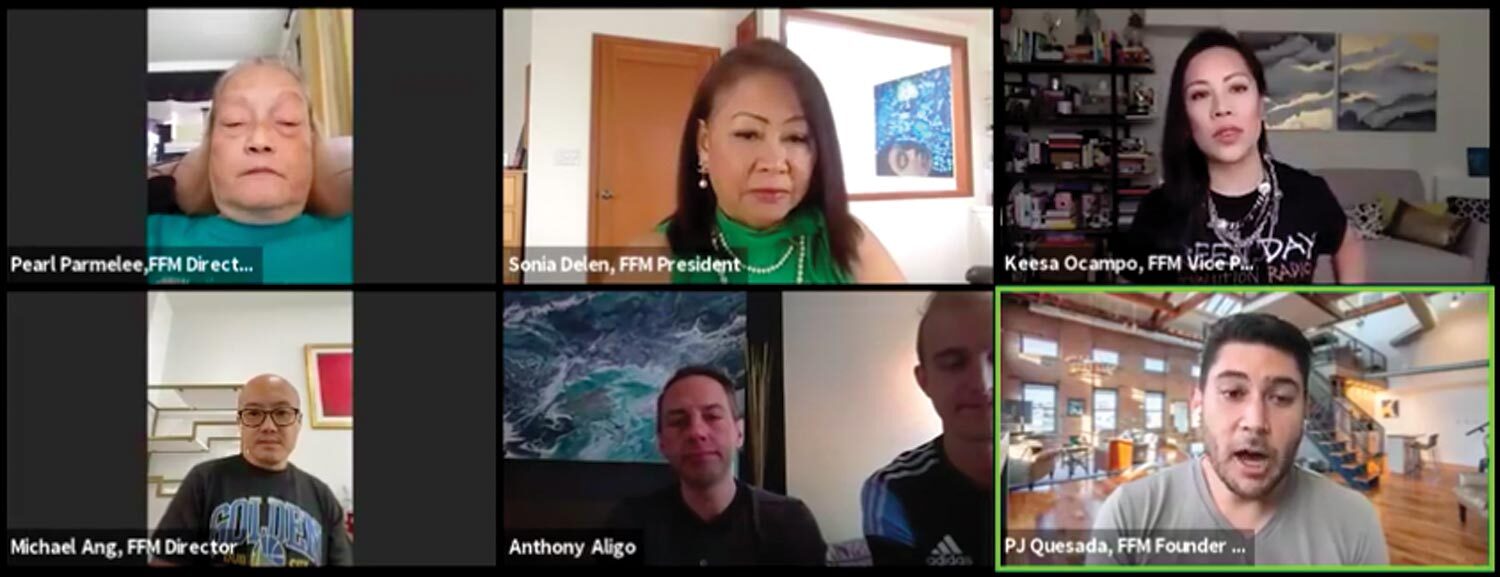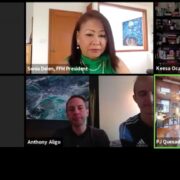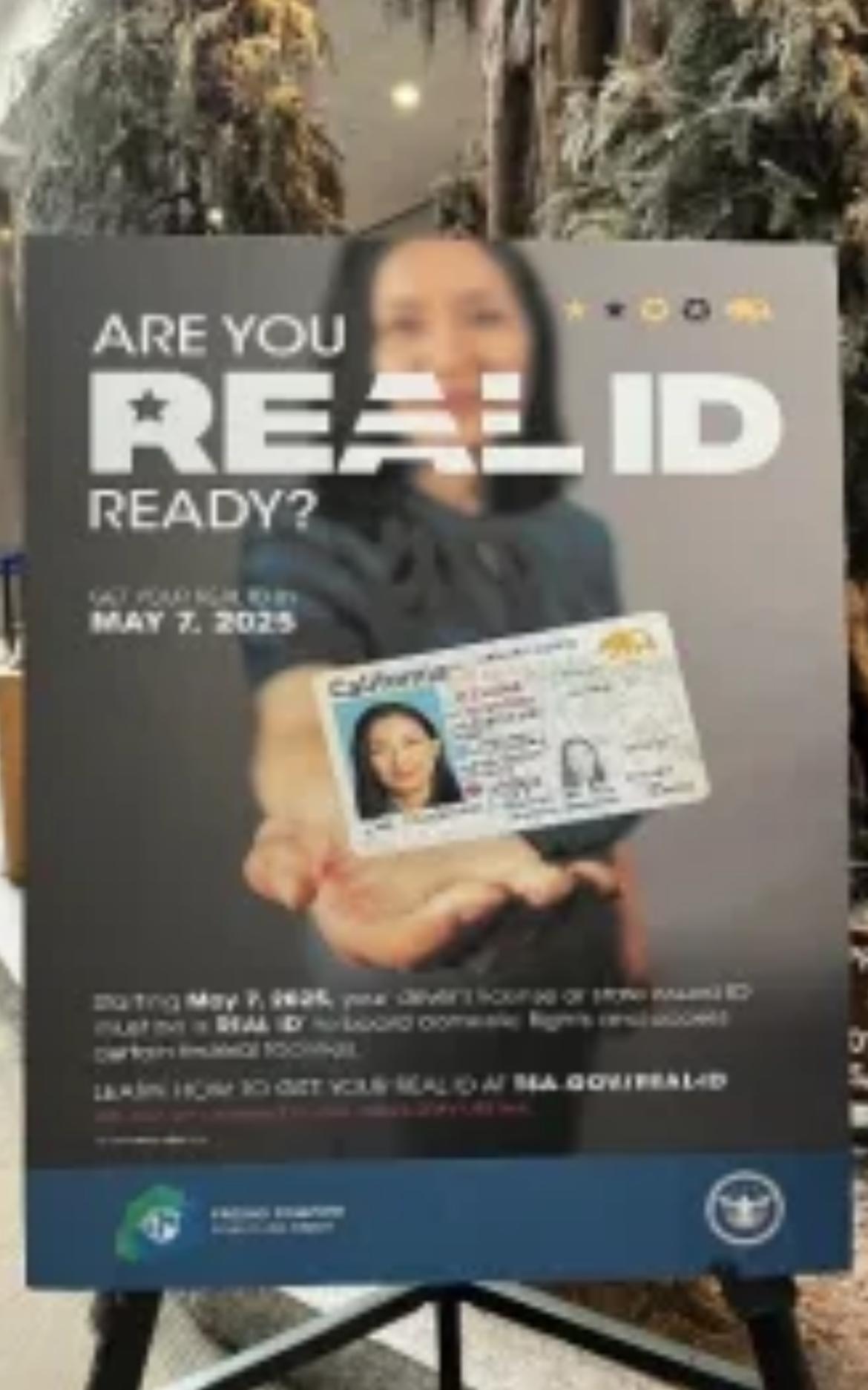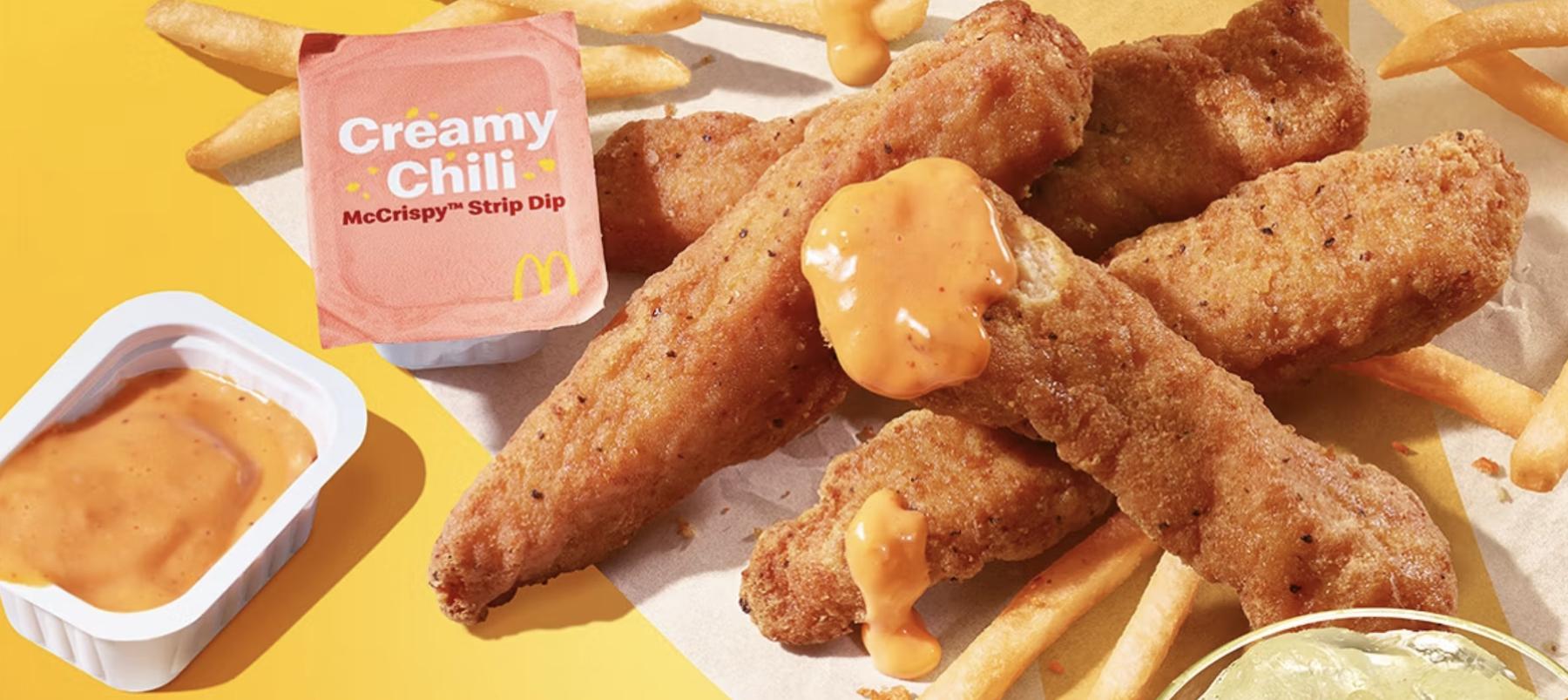
A COUPLE of weeks ago, the word “barkada” triggered a social media debate within the Filipino American community, later expanding to the Filipino diaspora. It stemmed from the news that four white men opened a wine bar in Washington, D.C. and used the name “Barkada.”
No Filipino dishes or Filipino wines and spirits were on the menu as well. The owners just said then that they used the word because it was “a totally cool word to describe” them: “a group of friends serving crazy delicious wine, hanging out just off U Street in DC.” One camp said it was cultural appropriation, the other side said it was merely appreciation, as previously reported by the Asian Journal.
A subsequent Facebook post by Jessica Millete castigating them and demanding them to change their name became viral. As of press time, the said post has been shared more than 13,000 times with nearly 30,000 reactions and 900 comments.
After a furious back and forth, the owners Anthony Aligo, Nick Guglietta, Nate Fisher, and Sebastian Zutant decided to retreat and issue a statement that they were going to change their name. “We are actively looking to change our identity and our brand and engage in further dialogue with each of you,” they said in a social media post. Millete called it “a step, but their apology on Instagram was all fluff and performative.”
What followed next was the opening of a floodgate of conversations from various touchpoints leading up to meetings in person or virtual, in order to sort things out.
The National Federation of Filipino American Associations (NaFFAA) Capital Region hopped on and issued a statement representing “many Filipino organizations, Filipino business owners and workers, and concerned Filipino community members within and beyond the DC Metropolitan Area.”
Entitled “Barkada is Cherished, Not Appropriated: A Statement from the Capital Region Filipino American Community to Barkada Wine Bar & DC Food Media,” the statement said that the group’s usage of “barkada” is “disrespectful and misleading to use a Tagalog word for a bar that does not serve Filipino-inspired food or drinks, nor use Filipino vendors for the products they sell” and that they “should not have used our language as an accessory for profit, as they do not share our cultural heritage.”
The statement has been deleted from NaFFAA’s website.
On Wednesday, August 12, the Filipino Food Movement (FFM), a nonprofit organization dedicated to the advancement of Filipino culinary arts, led a Zoom conference call and invited the owners to a conversation. They were represented by two of them, Anthony Aligo and Nate Fisher.

First, some backgrounders.
The word was introduced to them years ago by their Filipino American roommate of over three years. They would go out for food and drinks, hang out and come home together and built a friendship and bond over the years.
“He introduced us to the word barkada and what it meant. That name was in our head for a long time. In 2019, we were looking to open a small community bar. It’s not a big establishment, just the right size, only about 35 seats inside,” Aligo said.
The whole idea stuck with them and when the time to build the bar they wanted, they realized that they had this name that seemed to fit exactly what they were trying to do, in terms of the environment, space, friendship, and the community they wanted to build.
They also tried to find another option, another name, if there is “an English word that kind of made sense but there is none.”
“Nothing translated as well, it was a name that encapsulated, kinda how we felt and it paid a little homage to our Filipino roommate who had moved out. There is no ill intent about using it or anything,” Aligo said, adding that they reached out to their former roommate and talked to other people about using the word.
Another advice they received was not to cook Filipino food from their perspective, which was, for them a given since they have such a limited kitchen space, which factored into the complexity of what they can actually do in the kitchen.
The four friends are not in the food industry, some of them work in IT and another in the nonprofit space. The bar was their project after having lived in DC for over 20 years and just wanting to create a space for a small community inside a bigger city.
Inclusivity
“This is an opportunity for us as a community to be more inclusive,” said Sonia Delen, FFM president. “This is exactly what we do in the Filipino Food Movement, to bring Filipino food and culture to the mainstream.”
Michael Ang, FFM director, added, “If anything, that should be celebrated, not vilified, honestly.”
“The concept of having something like Barkada is so attractive to me as a Filipino American,” said Keesa Ocampo, FFM vice president, before asking the two representatives if they had considered hosting Filipino style popups and putting Filipino beverages, wines and spirits on their list.
Aligo responded that one of their goals is “sourcing locally first because people are doing great things in the DC area” and that their idea is international and showcase the best out there.
“Our goal is really to celebrate all the cultures across,” he added.
Now, they are bringing together people around Filipino food using their space.
“We are working with two local Filipino restaurants that are supportive of us,” Aligo revealed. “What we are looking to do is that they’ll do pop-ups but the food will be cooked in their respective kitchens since Barkada’s is small and limited.”
PJ Quesada, FFM founder, then talked about the three things that define Filipino food: diverse, inclusive and intensely personal, and praised the owners for their decision.
“Your experiment with Barkada DC has opened up conversations. You guys are actually accomplishing your mission in a bit more of a zigzaggy way than you thought,” he said. “In the spirit of bayanihan, we want to support you in your decision, we see how mindful you are being and we want you guys to be successful.”
“I really hope that you will not feel discouraged. I really want this to be a teaching moment for both sides. We just have to understand why the name came about and celebrate it, more than vilify and that’s what we would like to do. We will be here to support you,” Delen added.
The decision Quesada referred to is whether or not the group will change the bar’s name.
Thousands of Filipinos have come forward to say that there’s nothing wrong with the usage of the word as long as they explain it to their customers.
“The tens of thousands of messages of support from Filipino Americans and Filipinos around the world that we’ve gotten through Facebook, Instagram and email during this time has been really, really special so thank you for that,” Fisher said. “It’s challenging opening up a bar when we’ve never done it before, and we’ve all been going through challenging time over [COVID-19] and with the first initial backlash that we had online, those messages of support that we received have warmed our hearts and made us smile during all these.”







Just about the stupidest debate. Next we won’t be able to use bungalow or boondocks. Embrace this. Language especially English is a mix of borrowed words. Plus Filipino is also a mixed language with tons of borrowed words.